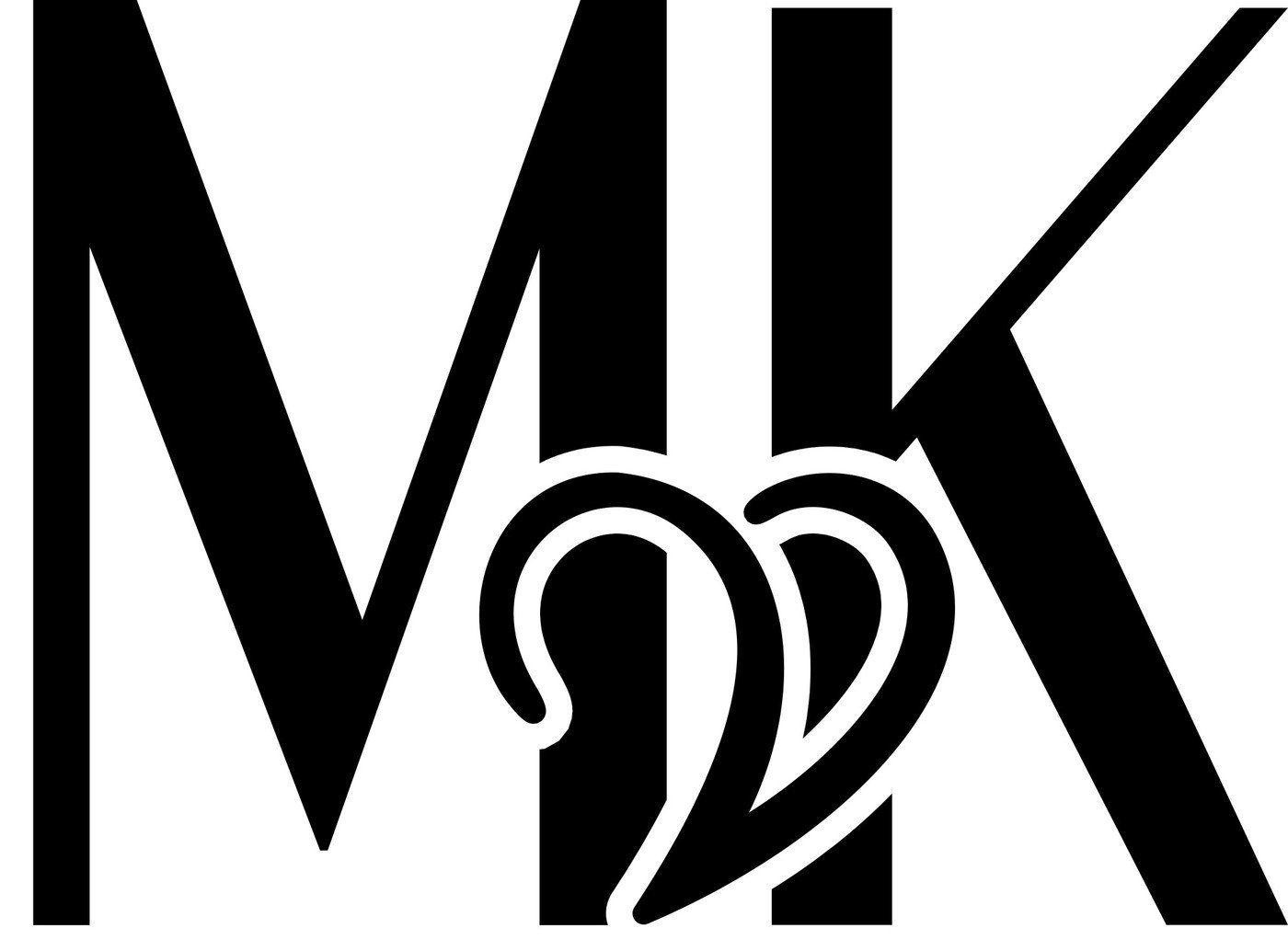So, you've probably heard about MKV files, but what exactly is MKV? Let me break it down for ya. MKV, short for Matroska Video, is like the Swiss Army knife of media formats. It's not just a container for videos; it’s a powerhouse that can hold video, audio, subtitles, and even metadata—all wrapped up in one neat little package. Think of it as a one-stop shop for all your multimedia needs.
Now, before we dive deep into the nitty-gritty, let’s talk about why MKV has become such a big deal in the digital world. If you're into streaming, downloading, or editing videos, chances are you've come across this format. Why? Because it’s flexible, efficient, and compatible with almost every device out there. Who wouldn’t want that, right?
And here’s the kicker—MKV isn’t just for tech geeks or hardcore editors. Even casual users can benefit from its versatility. So whether you’re a movie buff, a YouTuber, or just someone looking to organize their media library, understanding what MKV is can seriously level up your game. Let’s get started!
Read also:Hdhub4u Your Ultimate Streaming Destination Unveiled
Table of Contents
- What is MKV?
- The History of MKV
- Key Features of MKV
- Advantages of Using MKV
- Disadvantages of MKV
- How to Play MKV Files
- Converting MKV to Other Formats
- Editing MKV Files
- MKV vs MP4: Which One Wins?
- Frequently Asked Questions
What is MKV?
Alright, let’s start with the basics. MKV stands for Matroska Video, and it’s an open-standard container format. Unlike other formats like MP4 or AVI, MKV doesn’t just store video data. It’s more like a digital suitcase where you can pack videos, audios, subtitles, and even chapters. This makes it super convenient for anyone who wants to keep everything in one place.
But why should you care? Well, MKV offers something that other formats don’t—a level of flexibility that’s hard to beat. You can easily add multiple audio tracks, switch between subtitles, and even sync everything perfectly. It’s like having a media file that understands exactly what you need.
Why MKV Matters Today
In today’s world, where streaming and downloading content is second nature, having a format that does it all is a game-changer. MKV supports high-quality codecs like H.264 and H.265, ensuring your videos look sharp and crisp without eating up too much storage space. Plus, its cross-platform compatibility means you don’t have to worry about whether your device will support it.
The History of MKV
Ever wondered how MKV came to be? The story begins back in 2002 when the Matroska development team decided to create a better alternative to existing media containers. Their goal was simple: build a format that could handle everything multimedia-related without breaking a sweat. And boy, did they deliver!
Over the years, MKV has evolved to become one of the most popular formats around. Its open-source nature means developers can tweak and improve it continuously, making it even more powerful. Today, MKV is used by millions of people worldwide, from casual users to professional content creators.
Key Milestones in MKV's Journey
- 2002: Matroska project officially launches.
- 2003: MKV becomes the default video container for Matroska.
- 2005: MKV gains widespread adoption among tech enthusiasts.
- 2010s: MKV becomes a staple in the streaming and downloading communities.
Key Features of MKV
Now that you know what MKV is, let’s talk about what makes it so special. Here are some of its standout features:
Read also:Hub4u Movie The Ultimate Guide To Stream Your Favorite Films
1. Multi-Track Support
One of the coolest things about MKV is its ability to support multiple audio and subtitle tracks. This means you can have a video with different language options, commentary tracks, or even alternate audio mixes—all within the same file. Talk about convenience!
2. Chapter Support
Ever tried watching a long movie or series and wished you could jump straight to a specific scene? MKV has got you covered. It supports chapters, allowing you to navigate through your content with ease.
3. Metadata Integration
Metadata might sound like a fancy term, but it’s basically extra information about your file. MKV lets you embed metadata like titles, descriptions, and even cover art, making it easier to organize and manage your media library.
Advantages of Using MKV
So, why should you choose MKV over other formats? Here are a few reasons:
1. Flexibility
As we’ve already mentioned, MKV is incredibly flexible. Whether you’re working with high-resolution videos or adding multiple audio tracks, MKV handles it all with ease.
2. Compatibility
Most modern devices and media players support MKV, so you don’t have to worry about compatibility issues. Whether you’re using a PC, Mac, or even a smartphone, chances are you can play MKV files without any hassle.
3. High-Quality Output
Thanks to its support for advanced codecs, MKV ensures that your videos look as good as they possibly can. This is especially important if you’re dealing with 4K or even 8K content.
Disadvantages of MKV
Of course, no format is perfect, and MKV is no exception. Here are a few downsides to consider:
1. File Size
While MKV is efficient, it can sometimes result in larger file sizes compared to other formats. This might be an issue if you’re working with limited storage space.
2. Limited Native Support
Although most modern devices support MKV, there are still some older systems that might struggle with it. In such cases, you might need to convert the file to a more compatible format.
How to Play MKV Files
Playing MKV files is easier than you think. Most popular media players, like VLC and KMPlayer, support MKV out of the box. If you’re using a device that doesn’t natively support MKV, you can always download a codec pack or use a player that does.
Top MKV Players
- VLC Media Player
- KMPlayer
- MPC-HC
- PotPlayer
Converting MKV to Other Formats
Sometimes, you might need to convert MKV files to other formats for compatibility reasons. Luckily, there are plenty of tools available that can help you with this. Programs like HandBrake and Any Video Converter are great options if you’re looking to convert MKV to MP4 or other popular formats.
Steps to Convert MKV
- Download and install a conversion tool.
- Open the tool and select your MKV file.
- Choose the desired output format.
- Start the conversion process and wait for it to finish.
Editing MKV Files
Editing MKV files is a breeze, thanks to tools like MKVToolNix and VideoLAN. These programs allow you to add or remove tracks, edit metadata, and even split or merge files. If you’re a content creator, having these capabilities can seriously streamline your workflow.
Top MKV Editing Tools
- MKVToolNix
- VideoLAN
- HandBrake
MKV vs MP4: Which One Wins?
When it comes to media formats, MKV and MP4 are two of the biggest players. So, which one should you choose? It really depends on your needs. While MKV offers more features and flexibility, MP4 is more widely supported and generally smaller in size. Ultimately, the decision comes down to what’s most important to you.
Frequently Asked Questions
Still have questions about MKV? Here are some common ones:
1. Is MKV Better Than MP4?
Not necessarily. MKV offers more features, but MP4 is more compatible. It’s a trade-off between flexibility and convenience.
2. Can I Play MKV on My Phone?
Yes, most modern smartphones support MKV files. If not, you can always use a media player app that does.
3. How Do I Convert MKV to MP4?
You can use tools like HandBrake or Any Video Converter to convert MKV files to MP4.
Kesimpulan
So there you have it—everything you need to know about MKV. From its origins to its features and advantages, MKV is truly a remarkable format that deserves a place in your media library. Whether you’re a casual user or a professional creator, understanding MKV can open up a world of possibilities.
Now it’s your turn. Have you tried using MKV before? What did you think? Drop a comment below and let’s chat. And if you found this article helpful, don’t forget to share it with your friends. Until next time, keep exploring and stay awesome!


